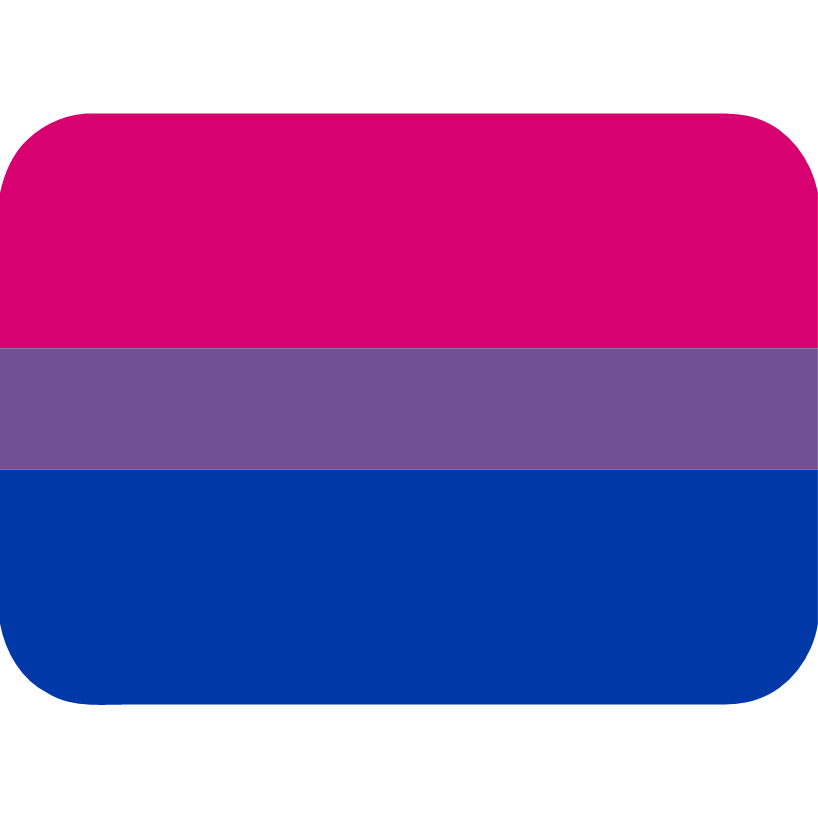- cross-posted to:
- globalnews
- cross-posted to:
- globalnews
cross-posted from: https://lemmy.zip/post/1386796
Archived version: https://archive.ph/F9saW
Archived version: https://web.archive.org/web/20230812233105/https://www.bbc.co.uk/news/technology-66472938
How did Netflix know I was gay before I did?
Honey
EVERYONE knew
Seriously though, she chose a show that was randomly chosen by the algorithm, she watched it, and more content of that type was suggested to her by the algorithm.
This isn’t quite rocket science.
and more content of that type was suggested
That, or they might have figured it out from her search patterns alone—like how Target figured out that one woman was gregnant before she did.
It was never proven that the baby was Greg’s.
Has this story ever been confirmed by Target directly? As this happened in America and her father was outraged about it, it would have been awfully convenient, to “blame” the algorithm for “discovering”, she was pregnant. It takes quite a data analyst to figure out trends before someone even knows they are pregnant. It doesn’t take a genius to figure out a pattern for someone if they know they are pregnant and are just hiding it from their dad.
Yes. It’s many years in my past, but this was confirmed. Target still does their targeting but now scatter unrelated items in the ads to hide what they know.
target still does their targeting
Awesome sentence
Pregante
They didn’t figure anything out. There’s no sentience in the algorithm, only the creators of said algorithm. It only chose content based on input. So it all revolves around the choices of the article’s author.
Same thing with the woman who was pregnant, the algorithm gave choices based on the user’s browsing history. It made the connection that the choice of product A was also chosen by pregnant mothers, therefore the shopper might be interested in product B which is something an expecting mother would buy.
They didn’t figure anything out.
Ugh, I was agreeing with you, and you go pedant. Come on, you should know “figure out” doesnt necessarily imply sentience. It can also be used synonymously with, “determine.”
Sorry, I misunderstood your tone. Apologize for going all pedantic…it’s a character flaw.
Removed by mod
Preguntas
Because you watched stuff that a lot of gay people watched and then watched more stuff the algorithm suggested based on your previous watch history. It’s not magic or anything.
Headline: How did Netflix know I was gay before I did?
Sub header: After BBC reporter Ellie House came out as gay, she realised that Netflix already seemed to know. How did that happen?
THE FIRST FUCKING LINE OF THE FUCKING ARTICLE: I realised that I was BISEXUAL in my second year of university, but Big Tech seemed to have worked it out several months before me.


Gay is a happily accepted term for “penis+penis”, lesbian, bisexual, pansexual, whatever, in the UK & Ireland. It is basically “not straight”; you can think of it as the British word for ‘queer’, because ‘queer’ still often means, well, queer. I wish you would respect British people’s choice of how they identify; America’s obsession with clinical and distinct labeling hasn’t claimed this particular lingual nuance yet. Not everything is an attack on your chosen identity.
I’ve noticed that “gay” is used as a more general term for members of the LGBTQ+ community, similar to how “guys” has a pretty common gender-neutral usage
EDIT: tweaked the wording a bit
“Guys” hasn’t actually been accepted as gender neutral for a number of years, due to its implicit anti-feminist bias (you’ll fit in if you act like us men).
I struggle with not using it constantly, as it was the go-to gender neutral term for my generation.
“Folks” is a good replacement choice. Works in all the same contexts.
Y’all is a good one.
All y’all need to start using y’all.
Y’all is where it’s at.
I think this is a bit regional. “Guys” sounds entirely gender neutral to my ear while “dudes” or “bro” sound specifically about men. But I know that “dude” and “bro” are used to refer to either women or men in other locations and “guys” is interpreted as being also referring to men there. I don’t think there is an absolute with these particular terms.
As a Californian, I take GREAT offense at the idea of gendering “dude”.
There is no more gender neutral term than “dude.” You’re dude. I’m dude. He’s dude. She’s dude. They are dudes. The weather is dude. Animals… dudes. Kids: dudes. Elderly: dudes. Girls are dudes. Boys are dudes. Men and women are dudes. Google is dude. Your smart phone… also dude. Parking meter? Dude.
You can use it for anything… but do not gender it.
One might even say that we’re all dudes, hey!
Thanks for the correction! I still hear that usage fairly often and wasn’t up with the discourse around it. Like the other reply I’m also more partial to “folks” personally (as well as “y’all”), but I think I still use “guys” out of habit on occasion
This is the best summary I could come up with:
“Big data is this vast mountain,” says former Netflix executive Todd Yellin in a video for the website Future of StoryTelling.
Facebook had been keeping track of other websites I’d visited, including a language-learning tool and hotel listings sites.
Netflix told me that what a user has watched and how they’ve interacted with the app is a better indication of their tastes than demographic data, such as age or gender.
“No one is explicitly telling Netflix that they’re gay,” says Greg Serapio-Garcia, a PhD student at the University of Cambridge specialising in computational social psychology.
According to Greg, one possibility is that watching certain films and TV shows which are not specifically LGBTQ+ can still help the algorithm predict “your propensity to like queer content”.
For me, it’s a matter of curiosity, but in countries where homosexuality is illegal, Greg thinks that it could potentially put people in danger.
I’m a bot and I’m open source!
This sort of thing is just gonna happen with recommendation systems. There was a case over a decade ago where Target, the store, figured out that a teenager was pregnant before she told her family, and sent relevant mailings.
It’s possible that this story didn’t happen. Some points raised here highlight some areas we should remain skeptical.
The one that creeped me out is the fact that my parents received a sample package of baby product from Nestle, under my name a week before my wife gave birth.
Because we were living in another country, did not say anything on social media and did not go to any medical appointment in my parents country.
feels like a more relevant version of this story now is tiktok













